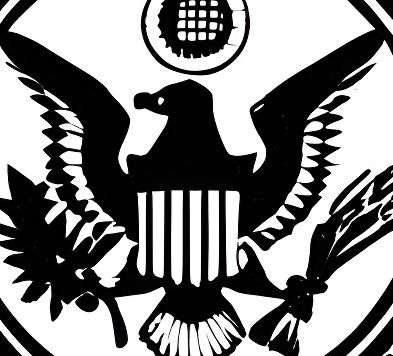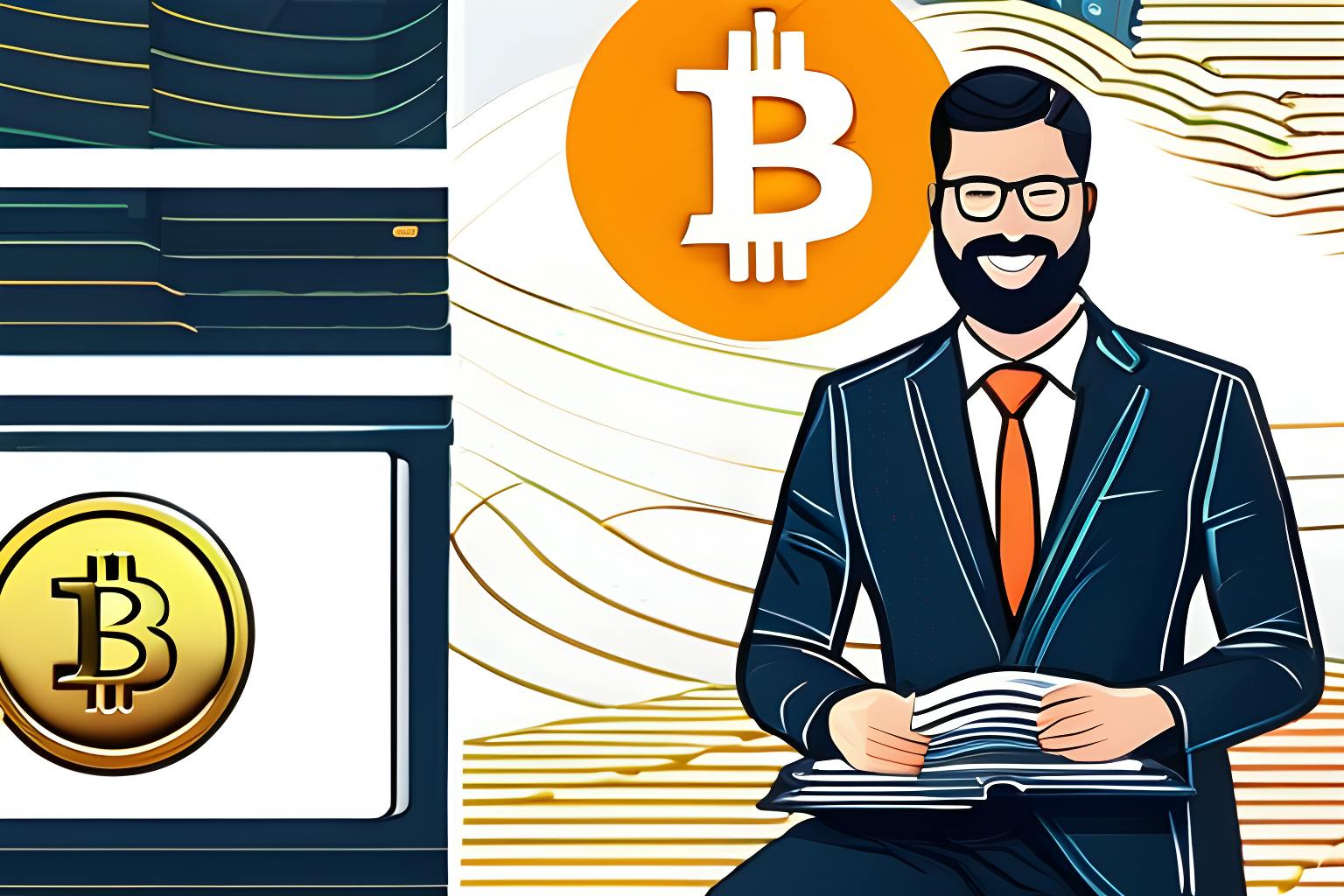107 reads
Legal Definitions of Crypto Assets and Crypto Trading Platforms
by
September 14th, 2023
Audio Presented by

A collection of public domain court case filings, by/against the US SEC, retrieved by HackerNoon
About Author
A collection of public domain court case filings, by/against the US SEC, retrieved by HackerNoon
